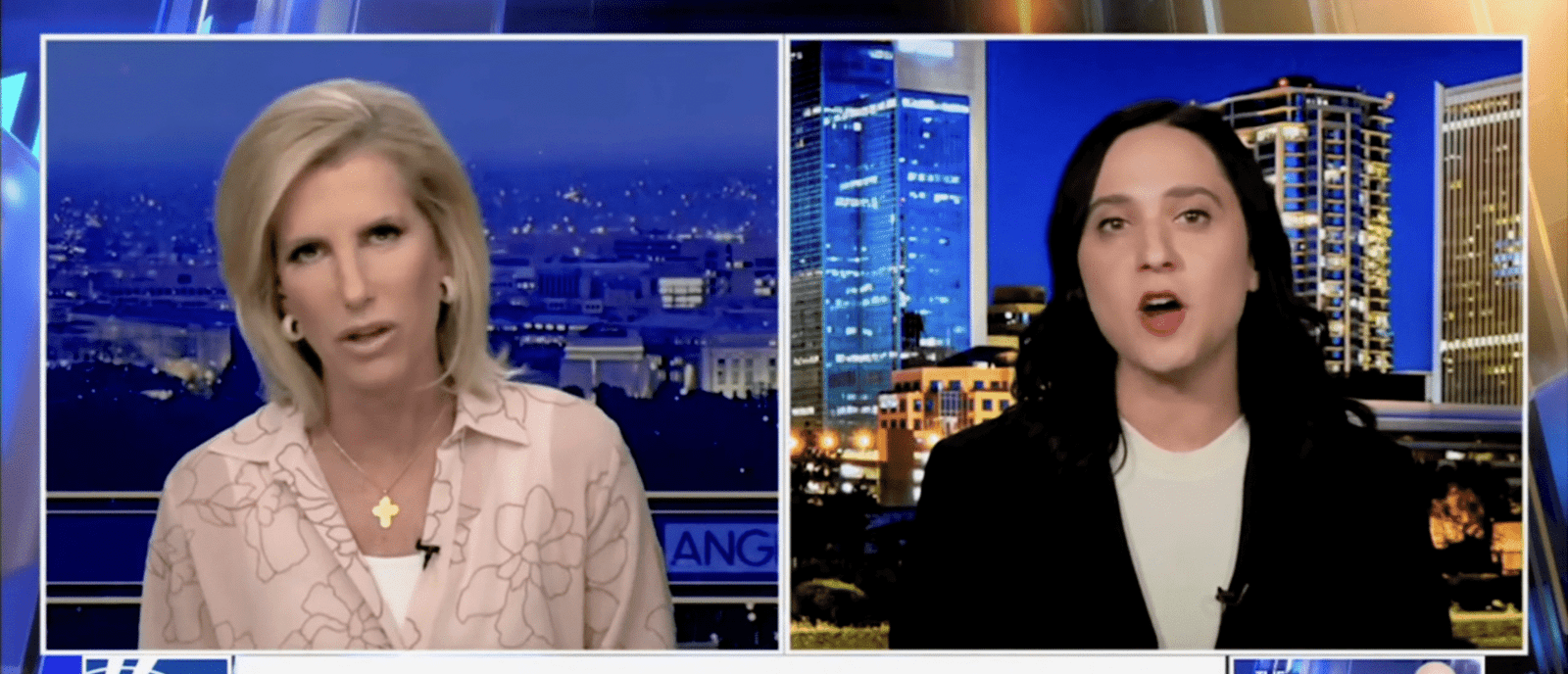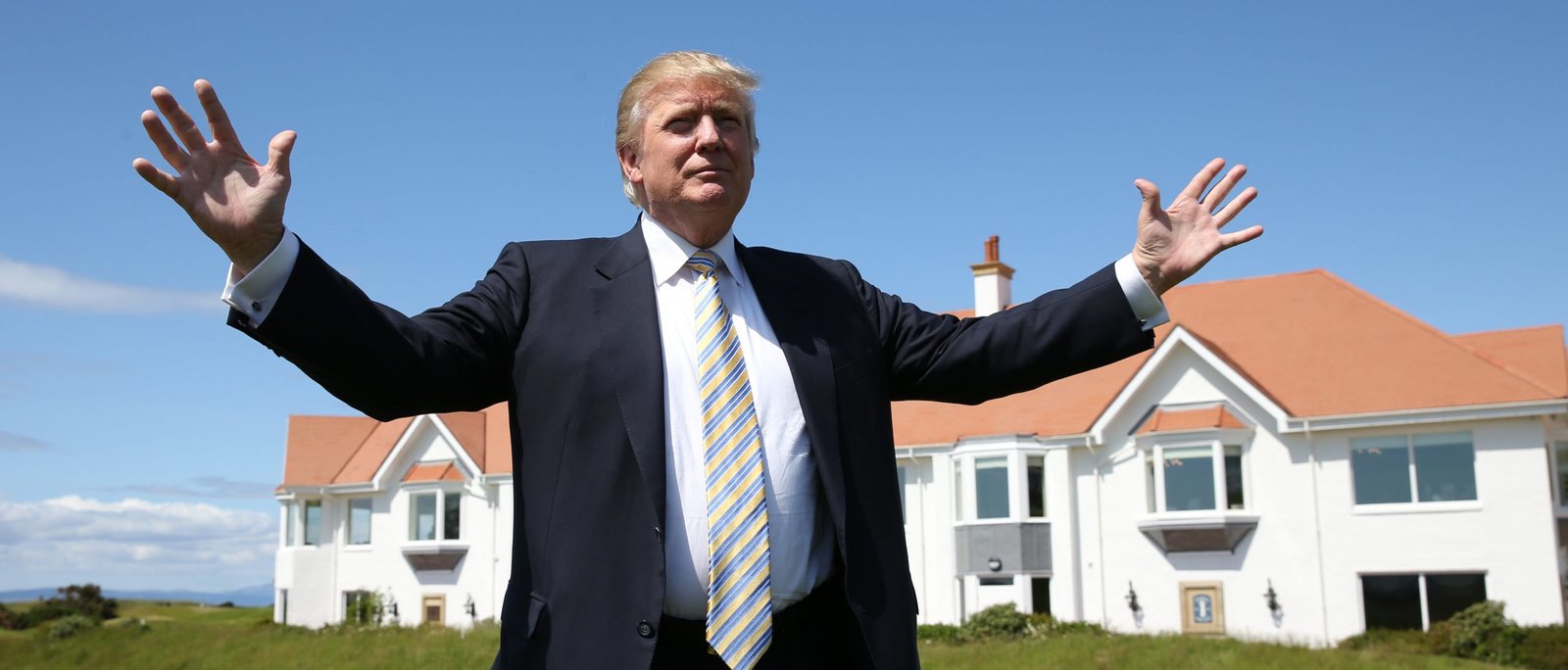The political committee supporting Prop. 36 has touted its support for anti-crime efforts from local Democratic leaders, donating $1 million to the California Republican Party in recent weeks.
The donation not only shows Prop. 36’s proponents’ confidence in the bill passed in the Nov. 5 election, but also appears to resist efforts to portray the campaign as bipartisan. It shows a semblance of partisan loyalty.
The California Republican Party supports Proposition 36, spending more than $1 million supporting the measure, according to state campaign finance reports. California Democrats, along with Governor Gavin Newsom and the Democratic leadership of the California Legislature, oppose the proposal.
“It’s surprising and probably unprecedented for a campaign to donate some of its money before all votes are counted,” said Thad Kousser, a political science professor at the University of California, San Diego. . “I think this is a sign of tremendous confidence on the part of the campaign that they are on the path to victory.”
A solid majority of likely California voters favor harsher penalties for crimes involving retail theft and fentanyl, according to a recent poll from the University of California, Berkeley Institute of Government, co-sponsored by the Times. He supports Proposition 36, a November ballot measure that would impose
“This effort was marked by a great deal of bipartisan support,” Kousser added. “Locally, he has support from Democratic mayors, so the fact that the campaign is directly funding the party may raise some eyebrows.”
Californians for Safer Communities, a major group supporting Proposition 36, made two payments of $500,000 to the California Republican Party on September 20 and October 1, according to state campaign finance records.
The committee had raised more than $13.3 million as of Oct. 11, according to campaign finance reports filed with the Secretary of State. According to the latest news reports, the opposition camp reported that it had raised $5.9 million by the same day.
The ballot initiative campaign is supported by a group of district attorneys, many of them politically conservative, and much of the funding is provided by Walmart and other big retailers.
Prop. 36 is supported by hundreds of local elected officials and a handful of Democratic mayors in big cities like San Francisco, San Jose and San Diego, who praise it as a bipartisan effort. But opponents of the bill, especially criminal justice reformers, progressives and Newsom, say it’s actually a sham for a Republican-led effort to return California to the tough, tough-on-crime policies of its past. claims.
Prop. 36, backed by California’s major law enforcement agencies, would impose harsher penalties for drug possession and retail theft, including some crimes involving fentanyl and other offenses that are currently misdemeanors. The law turns repeated shoplifting into a felony.
Becky Warren, spokeswoman for the Yes on 36 campaign, said the donation was part of a cross-party effort to reach voters.
“Our voter contact plan allocates resources to educate Democrats, Republicans, and independent voters about Proposition 36, depending on their representation in their districts,” Warren told the Times.
But state records show the committee’s only contributions were to the state Republican Party.
Ellie Hockenberry, a spokeswoman for the California Republican Party, told the Times that the money will be used to educate voters.
“California Republicans have won nearly two-thirds of the votes we have held since 2019, in part because of voter education,” Hockenberry said in a statement to the Times. I’m making a contribution.” “On November 5th, voters will reject Gavin Newsom and support Proposition 36 to make California a safer state to live, work, and raise a family.”
The $1 million the California Republican Party spent supporting Prop. 36 was spent primarily on campaign mailings and communications with party members, according to state records. A Republican spokesperson confirmed that the money was used for the “Yes on 36” campaign and for advocacy and coordination with the state Republican Party.
Marva Diaz, a political strategist and publisher of California Target Book, a comprehensive political database, said that in past election cycles, voting efforts have been donated to both Republicans and Democrats.
Newsom and other California Democratic leaders have repeatedly urged voters to reject Prop. 36, saying it unfairly imprisons Blacks and Latinos.
But Democratic lawmakers who supported Prop. 36 said the initiative would help provide group treatment for individuals who repeatedly abuse drugs or steal.
“There is no partisanship in California’s response to three public safety epidemics,” said San Jose Mayor Matt Mahan, who helped form the independent organization. The Funding Committee supports Proposition 36. “We can unite around common-sense solutions to address retail theft, homelessness, and drug overdose deaths,” he said.
If passed, Proposition 36 would repeal portions of Proposition 47, the 2014 ballot measure that Californians overwhelmingly approved.
Proposition 47 aims to reduce the number of people sentenced to prison for low-level, non-violent theft and drug offenses, recognizing that these acts cost the state millions of dollars each year. I was doing it.
Proposition 36 aims to reclassify certain misdemeanors as felonies for these crimes. It would also give eligible Californians who routinely commit drug offenses the option of receiving substance abuse treatment, but questions have been raised about where counties would receive funding for treatment.
Legislative analysts say the changes could ultimately lead to large increases in state spending, while also increasing the prison population.
















